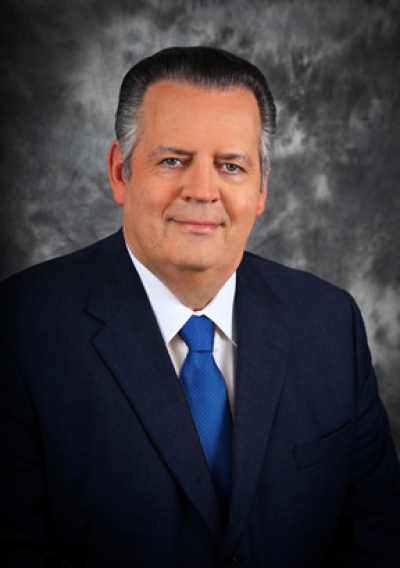Prime Minister David Cameron's Brave and Courageous Speech
Last week British Prime Minister David Cameron went to Oxford and gave a speech commemorating the 400th anniversary of the publication of the King James Bible in 1611.

The prime minister seized the occasion to deliver a discourse on the profound role the Bible, and the Christianity it espouses, have played in forming the British character, culture, and nation.
In his speech, Prime Minister Cameron declared “Britain is a Christian country and we should not be afraid to say so.” He went on to argue that “the Bible has helped give Britain a set of values and morals which made Britain what it is today.” The Prime Minister argued “the King James Bible has bequeathed a body of language that permeates every aspect of our culture” and “our politics.”
His speech sparked a firestorm of controversy and criticism across the United Kingdom. Such politically incorrect talk is heresy to many in Britain’s chattering classes.
However, Cameron came prepared to make his case, and make it he did. He argued “the knowledge that God created man in his own image was . . . a game changer for the cause of human dignity and equality.” And, it set “the irrepressible foundation for equality and human rights.”
Quoting former Prime Minister Margaret Thatcher’s declaration in a 1988 speech, he said, “We are a nation whose ideals were founded on the Bible.” Cameron identified these ideals as: “Responsibility, hard work, charity, compassion, humility, self-sacrifice, love, pride and working for the common good and honoring the social obligations we have to one another, to our families and our communities . . . these are the values we treasure.” He added that “Yes, they are Christian values. And we should not be afraid to acknowledge that.” Although, “they are also values that speak to us all – the people of every faith and none.”
The prime minister went out of his way to not be misunderstood. He declared that faith was not a necessary condition for moral behavior, and that some atheists and agnostics were moral and some Christians were not. However, society needs a moral code, Cameron insisted, and Britain’s has been informed and inspired by Christianity. As Cameron puts it so clearly, “Bad choices have too often been defended as just different lifestyles.” Cameron warned that “we can’t fight something with nothing” and “if we don’t stand for something, we can’t stand against anything.” And concluded that “we’ve got to stand up for our values if we are to confront the slow-motion moral collapse that has taken place in parts of our country these past few generations.”
Historically, David Cameron is demonstrably right and accurate in proclaiming the Judeo-Christian foundation of his nation’s values, virtues, and moral codes. However, his speech was far more controversial in Britain than it would have been in America, though certainly a significant minority of Americans would have taken exception to America being called a Christian nation (Recent polls show that 68 percent of Americans believe America is a Christian country).
Why is the speech so much more controversial in Britain? Contemporary Britain is a far less Christian place in any meaningful sense than it has been in even the recent past. While the Britain Census shows more than two-thirds of people in Britain regard themselves as “Christian” (72 percent in England and Wales, 65 percent in Scotland), the National Centre for Social Research’s British Attitudes Survey says that 51 percent of Britons describe themselves as “non-religious” and 43 percent as “Christian,” with 65 percent of young people proclaiming themselves as “non-religious.”
This information fits with the findings of the Pew World Attitudes Project, which found that 33 percent of Britons reported religion was “very important” in their lives, compared to nearly 60 percent in the United States (America and the U.K. ranked first and second respectively among the 8 industrialized nations surveyed).

 Britain is a Christian Country said Cameron
Britain is a Christian Country said CameronMr. Cameron’s very brave speech has sparked such extreme controversy in Britain precisely because Britain is far less Christian in its social and cultural consensus than it was even 20 years ago. And while a majority of Britons may still claim to be “Christian,” it is more in a cultural sense of operating from what Francis Schaeffer called a “Christian memory” than serious devotion to the tenets of the Christian faith. For example, less than 5 percent of Britons attend worship services of any kind on a weekly basis.
Would a similar speech from an American president draw similar ire? It would among certain segments of the population, especially in the secular media and academic and entertainment communities. The difference is that about twice as many Americans than Britons still consider religion “very important” in their lives, and many of them would feel their hearts and minds resonating with David Cameron’s words and would find themselves saying, “That’s right and it’s about time somebody said so!”





















